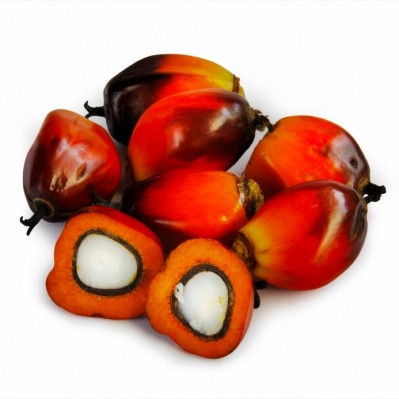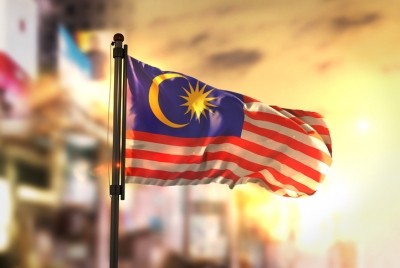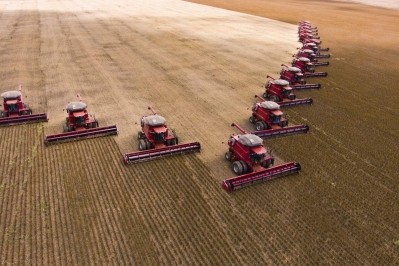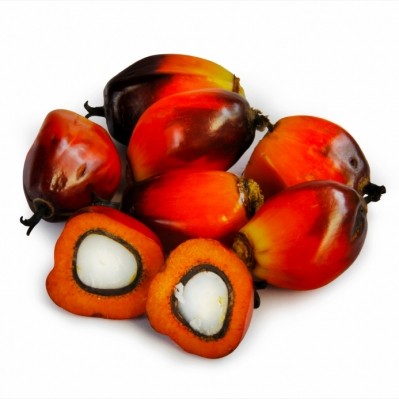New Zealand: PKE feed cargo blocked for a month over biosecurity risk concerns

The Ministry for Primary Industries (MPI), which protects New Zealand from biological risk, said the cargo was blocked because some of the PKE on board the vessel was sourced from an unapproved facility in Malaysia.
“There is a chance it [the load] could be carrying pests or diseases that could harm New Zealand’s primary industries or natural environment,” a spokesperson for the MPI told this publication.
The ship has been anchored off the Tauranga coast since 6 September as negotiations continued between the importer and the ministry to try and resolve the standoff, according to local media.
MPI can’t name the importer in question for legal and commercial reasons, said the spokesperson.
“There is no final decision as yet about whether cargo will be allowed into New Zealand. MPI is currently assessing an application from the importer to have the product treated in New Zealand. We expect a decision next week,” he added.
PKE is produced at high temperatures, which reduces the biosecurity risk. So the main risk is contamination from insects or plant pests after production, Steve Gilbert, MPI border clearance services director, told the New Zealand Herald.
Cheap feed supplement
PKE is mainly used as a cheap feed supplement by the dairy industry in that country.
While New Zealand dairy is predominantly pasture-based, some farmers have been using imported supplementary feed like PKE in their cows’ diets, particularly during adverse weather conditions such as droughts, when the ingredient can play a role in cow health and milk production.
According to Greenpeace, in the past decade, Fonterra’s dairy farms have had a heavy reliance on supplementary feeds such as PKE from South East Asia, so much so that New Zealand has become the single largest user of PKE, importing nearly 2m tons last year.
But Fonterra issued guidelines to its farmers last September recommending they limit PKE inclusion levels to a maximum of 3kg per cow per day.
Miles Hurrell, director of co-operative affairs, for the Fonterra group, said then:
“Consumers love New Zealand dairy products and we want to increase that value by ensuring our New Zealand milk comes from predominantly grass-fed cows.
"After pasture, PKE is one of the cheapest supplementary feed options for farmers, and our data shows that use of PKE is increasing. We recommend our farmers follow these guidelines in order to future-proof the Co-operative’s position, while upholding our high standards of animal welfare.
“The recommended maximum of 3kg/per day/per cow is a voluntary guideline and we will be working with our farmers to help them maximize on-farm profitability while ensuring the health of their herd.”
Sustainability
Fonterra also announced in August this year a new standard for sourcing of palm products as part of its “commitment to sustainability.”
The standard, said the group, was developed in consultation with key supply partners, and it follows discussions with Greenpeace that began in December 2015.
“The new standard requires us to purchase only segregated supply palm oil by 2018, and to work with suppliers of palm products to ensure that plans are in place for full traceability to plantation by 2018,” said Carolyn Mortland. Fonterra’s director of social responsibility.
“We want to ensure that there is no risk of deforestation within our supply chain. This standard aims to ensure the fair and ethical treatment of suppliers and to protecting conservation values.”
The standard applies to both palm oil and to PKE.











